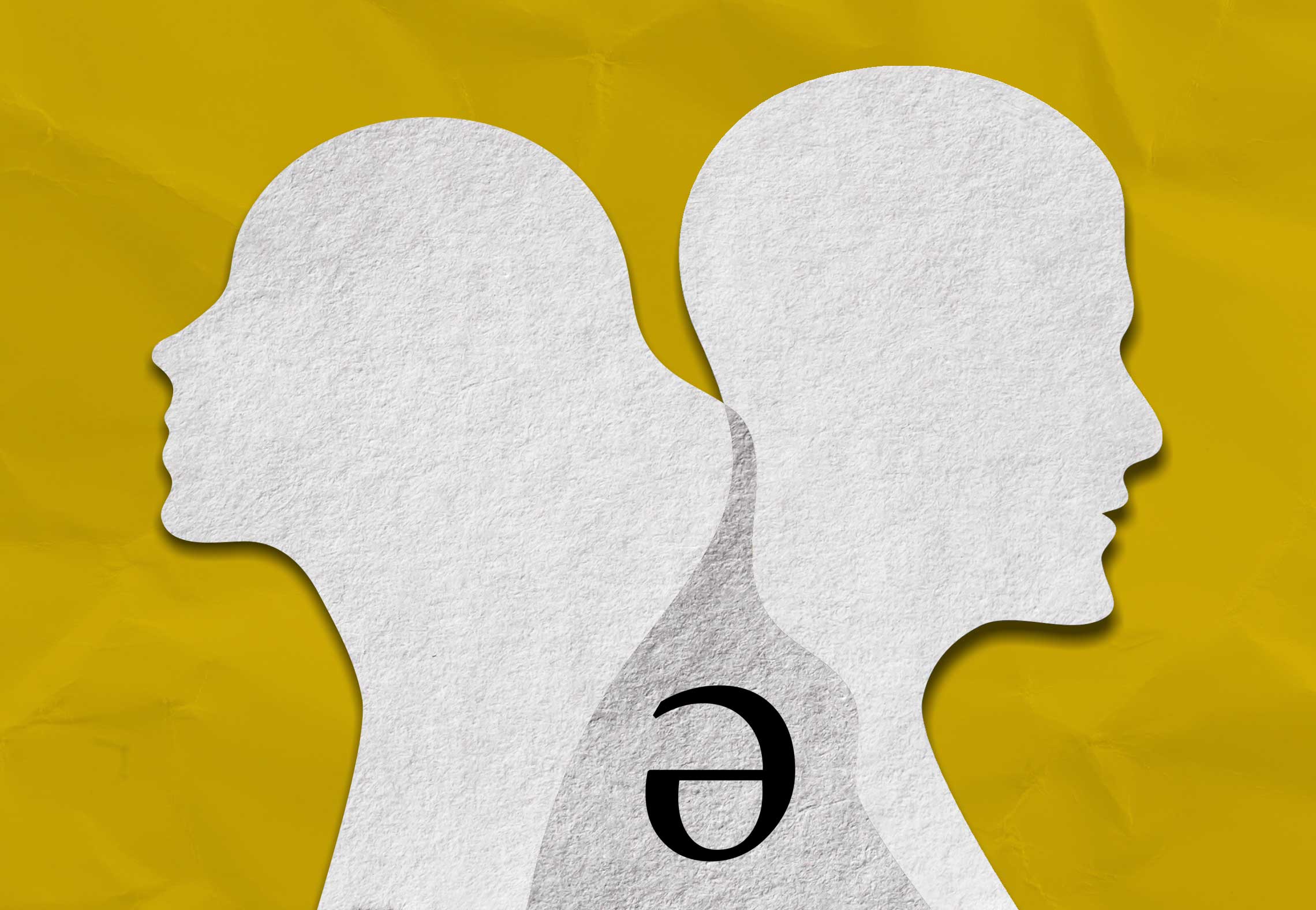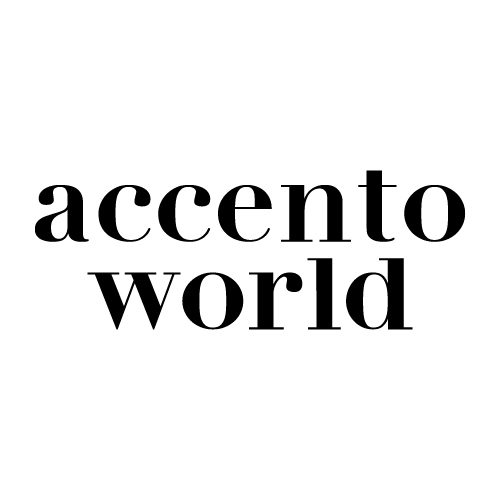INCLUSIVE LANGUAGE

Accento
Is Italian developing fast enough to catch up with society?
Words by Bianca Pirrelli
Have you ever thought about how much the words we use every day reflect the way we think about the world?

Many linguists support the thesis that our language shapes our thoughts. Some examples to validate this statement can be found in the various ways different languages describe colors, directions, positions and many other elements. After all, there are about 7000 languages in the world, and each has its own sounds, vocabulary, syntax. So, how much does the language we speak affect our judgement? Can language be considered as the mirror of our society? One can think about having a second language, for example: consider how much we envision reality distinctively when we switch from our mother tongue to a second language. We shape our thought process differently, we use different structures, we express ourselves referencing images that we would not think of otherwise. Our logic shifts completely and, without realizing, a new point of view creates new ideas.
This is important to contemplate when taking into account the effects language has: it can shape your perception on anything that can be named. As human beings, we conceptualize reality through words, because in order to understand things, we need to name them. This explains the extreme power of words in our everyday life… and also the big danger of it becoming a cage, a limit. It is evident that, nowadays, we feel the need to reorganize our language to keep up with our society.
For instance, English is a flexible language that mostly allows you to say what you need to say without indicating anything that might be exclusive. On the other hand, there are languages that do not grant such plasticity and one of them is Italian. The beautiful and romantic Romance language is actually trying to catch up with the world. Italian has a rich and complicated verbal system, lots of prepositions and there are two basic classes of nouns in Italian, referred to as genders (masculine and feminine). Not only every noun (animate and inanimate) has a gender, but also nouns, adjectives, articles – and some verbal tenses – inflect for gender and number (singular and plural).
How can we make such language more inclusive?
It is obvious that there is a new social need for inclusivity and a big step in the right direction is trying to avoid sexist linguistic attitudes – which are sadly often unintentional and caused by bad habits – adopting a more flexible stance towards language. We can try to consider a new “norm” avoiding to minimize, and hopefully eliminate, discrimination. Consequently, we could create a reality in which diversity would bloom at the same time.
Italian society, like many others, is currently facing the issue of inclusive language. Is Italian a sexist language? Are Italian speakers, therefore, sexist? Limited? The answer is easy: the use of a language can be sexist, not the language itself. After all, Italian is a literary language, and we have plenty of words and constructs to express concepts. Italian merely reverberates its speakers’ vision, manifesting sexist aspects.
Inclusivity – especially applied to language – allows us to avoid biases or expressions that discriminate against groups of people based on race, gender, or socioeconomic status. A big step has been made when introducing the use of pronouns; asking someone what pronoun we should use when addressing them is a great start. Although it is still not adaptable to Italian enough, due to the language’s conjugation and inflection according to gender and number. Therefore, the use of pronouns should be integrated with other strategies that aim at a more inclusive expressivity.
For Italian in particular, many alternative options have been laid out, starting with mentioning both genders when speaking to a collectivity instead of the usual overextended masculine plural. Some suggest using the overextended feminine plural when the crowd is mostly made up of women. However, this usage is still far from being inclusive. Recently, new ways of writing are being implemented in order to bring about inclusivity in Italian: discarding the last vowel that determines the gender (e.g. “Car tutt, siamo qui riunit…”), or even using the asterisk replacing such vowels (e.g. “Car* tutt*, siamo qui riunit*…”). Yet, these options raise an issue when considering pronunciation and dialogue.
It is never “just words.”
An ideal proposal to solve this linguistic controversy is the one recommended by sociolinguist Vera Gheno, that is, the use of the Schwa, the vocalic sound graphically represented through the symbol /ə/ according to IPA – International Phonetic Alphabet. The schwa is a central vocalic sound and it is the most common vowel in the English language. In Italian there is no such vowel (yet), but we can consider this sound as intermediate between A (/a/) and E (/e/). Nevertheless, some Italian dialects already know and use this sonority in their pronunciation, such as Neapolitan dialect, the dialect of the Ciociaria area, that of Piedmont and some variations of Emiliano-Romagnolo. This could encourage people to use the Schwa in order to promote a more inclusive language that can benefit us all. The Italian publishing house EffeQu was the first to carry out the project of using schwa and starting with the next publications, there will be a more inclusive direction to follow, revolutionizing the editorial rules.
Inclusivity touches on many other points regarding our society. One example is related to the power of language and words for minorities. Minor groups living among a ‘majority’ need to create their own language, which in turn allows the constitution of their own space. Every single person, belonging to a minority or not, needs to reconsider language – in this case specifically Italian – as a way to enrich our existence and not as a threat to our tradition. Language is the tool through which we can validate our identity and we must make good use of it to ensure inclusivity for all.
It is never “just words.” Language is a common good, our (not so secret) weapon that allows us to potentially recreate a sense of sociality and of belonging. Words must also be listened to: we need to actively listen to those who face “verbal challenges” every day, reaching a level where everyone is at ease with their own identity. This way, language will never lose, but rather update and enhance. Aiming to overcome gender binarism is one of the necessary steps for an inclusive language.
The dialectic through which we express ourselves is a reflection of what we think. In turn, the language we use influences our thinking. If this is true, we can use language as a Potential for improving society. Language is power. Our brains are flexible and languages are living entities, so why not using them to make our society better? In conclusion, quoting cognitive linguist Lera Boroditsky, we should all wake up every morning thinking “what thoughts do I wish to create?”



